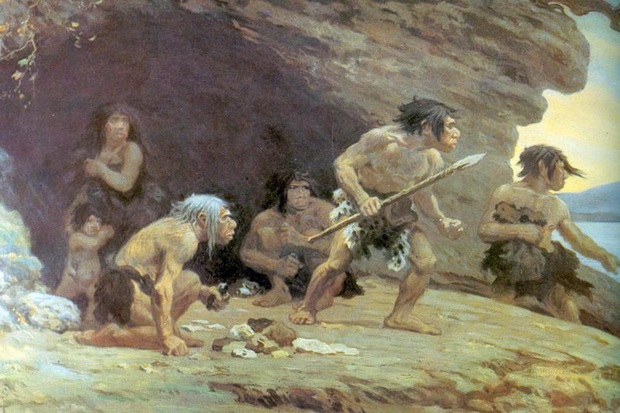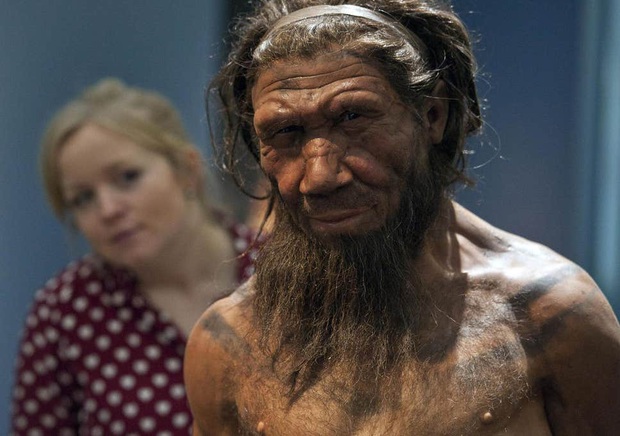A new study finds that the extinction of the Neanderthals is in part due to their lack of luck.
In total, 9 human races have appeared on Earth, but mostly the sages (Homo sapien) – our species has now become the dominant species. Eight other races, they no longer exist, and the reason would be that intelligent people slaughtered them all with the advantage of their weapons and tactics.
Of the eight species that have gone extinct, the Neanderthals are arguably the closest to us. They also have the ability to use the majority to dominate nature, being able to craft weapons and design tactics during war. Archaeological evidence shows that the Neanderthals stormed Europe and Western Asia until their complete demise 40,000 years ago.
Of course, if the intelligent man who slaughtered everything was correct, then Neanderthals was probably a victim too. However, some scientists disagree with this argument. The reason, according to a new study, is that Neanderthals had to breed inbreeding because the community was too small, but in part because they were too unlucky.
Specifically, research published in the journal PLOS ONE from the Eindhoven University of Technology (Netherlands) developed a model that mimics the life of ancient Neanderthal populations. They created communities of different sizes (50, 100, 500, 1000 and 5000 people) to assess the reaction of elders to environmental changes.
Experts focused on three factors: fertility density, fertility, sexual mortality and a factor called the “Allee effect” (when the population is too small to affect the physique and health of each person).
The results show that inbreeding is generally not likely to lead to extinction, but combined with the Allee effect and the rapid change in population is different. This caused the rapid decline of an entire generation of Neanderthals.
Do smart people make a big contribution?
However, what really ended this human race 40,000 years ago remains unanswered. Is it a coincidence that the wise men also touched Europe at this time?
The emergence of a new species of people has certainly made life more difficult for Neanderthals, with competitiveness increasing dramatically. However, according to experts, the “last punch” of this race is simply … unlucky.
“Neanderthals perished for us? No, at least according to this study. The end for them is simply a series of demographic woes.”
“The small population of Neanderthals has been around for thousands of years. But with an unlucky generation, it’s over.”
This bad luck is evident in the Allee effect – when generations of Neanderthals suddenly have too many flaws and can’t live long. But even so, it is only a theory. Neanderthal extinction remains a controversial topic, with many factors combined.
It is known that Neanderthals were once considered a dark ancient race, growing slowly and inconspicuously. However, there is growing evidence that they are also intelligent, if not creative, just like intelligent people. Many experts also believe that most of the ancient paintings in European caves are the product of this breed.
There is also evidence that Neanderthals and modern humans – Homo sapien – mated, intermingling the genome with later modern human generations.




